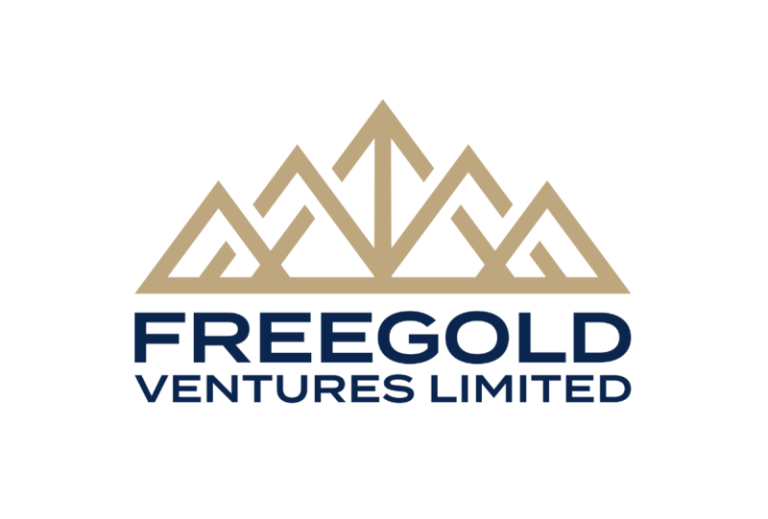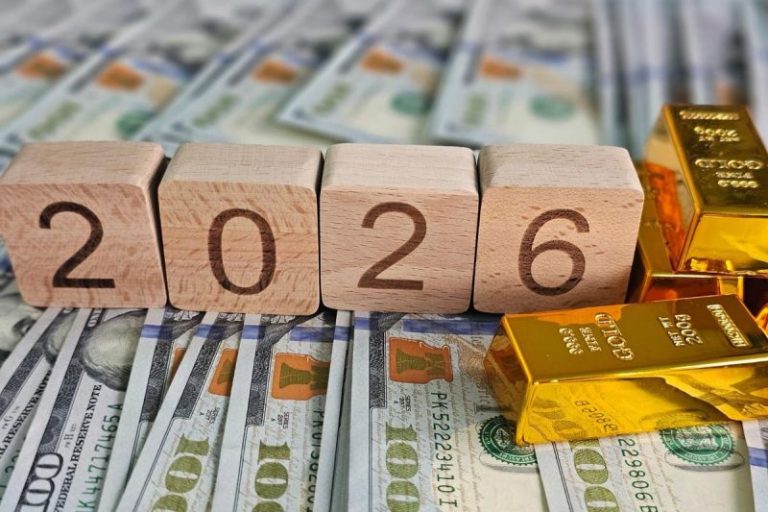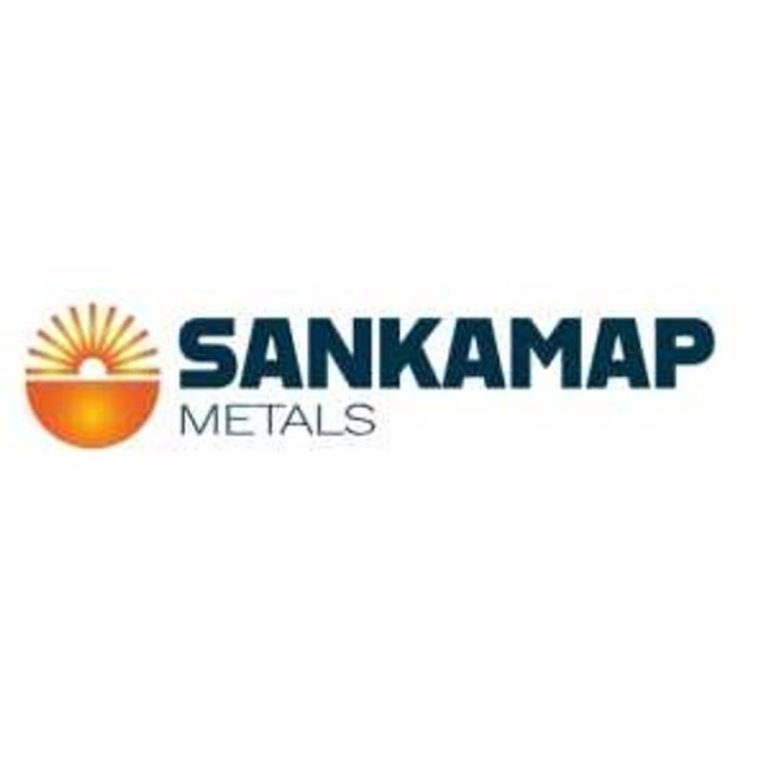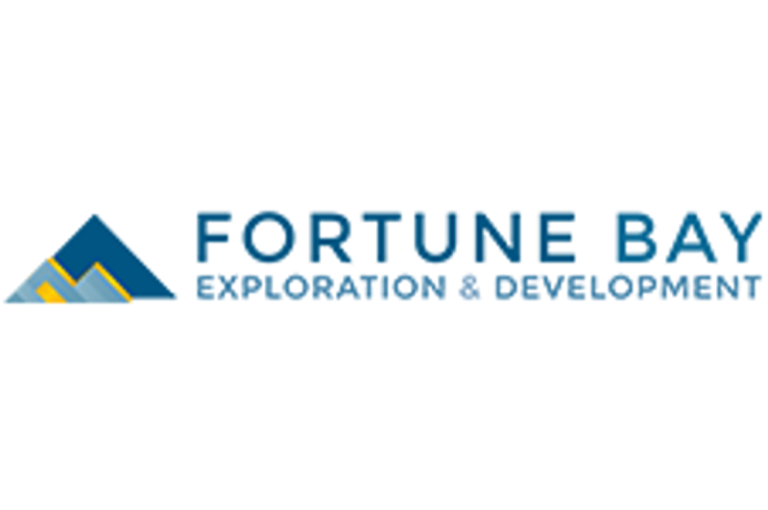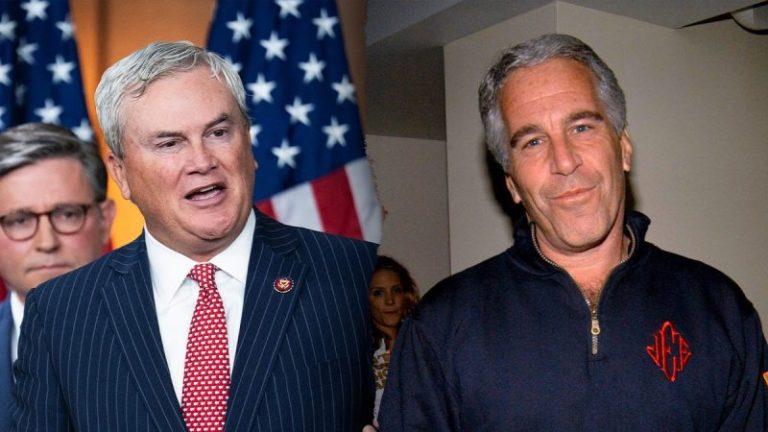Charlie Kirk’s final book is a ‘manifesto against the machine of modern life,’ encouraging his followers to ‘stop in the name of God’ and honor the Sabbath.
Kirk, the founder and CEO of Turning Point USA, was assassinated Sept. 10 after years of promoting civil discourse on college campuses and mentoring young adults across the country.
Weeks before his murder, Kirk finished what would be his final book — ‘Stop, In the Name of God: Why Honoring the Sabbath Will Transform Your Life.’ Kirk was ‘fiercely proud of it,’ according to Winning Team Publishing — the publishing house that published his final book.
Kirk’s beloved wife, Erika, was ‘determined to bring it into the world as a tribute to his legacy,’ and added a foreword to the book after his death, exclusively obtained by Fox News Digital.
‘I knew Charlie so deeply, in a way no one else could,’ Erika Kirk writes in the book’s forward. ‘That is why I can say with certainty: these pages are not theory for him, they are testimony. The words you hold in your hands were the convictions he lived that were written on his heart.’
‘Looking back now, I see the book as one of Charlie’s most enduring gifts to the world,’ she continues. ‘He did not know how brief his time (on) earth would be—none of us did—but the truths written in this book are not bound by time. They will outlive us all, as will the legacy of his faith.’
‘There is no doubt in my heart that Charlie left this world doing what he loved most: standing firm for truth, for faith, for family, and for America,’ she continued. ‘The mark he made will not fade; it is etched in countless lives and stories. Though he is no longer beside us, I find deep comfort in knowing his voice still carries on.’
‘As Charlie’s widow, I write these words through tears, yet also with a steady hope,’ she writes. ‘My prayer is that you (and one day my two precious children) will not only read these pages but weave them into the fabric of your life. That you will let one of Charlie’s final messages quiet your hurried steps and lead you nearer to God.’
Erika Kirk, the now-CEO and board chair for Turning Point USA, goes on to thank readers for ‘opening these pages, for allowing Charlie’s words and convictions to take root in your own life, and for helping to carry forward the legacy of a man who poured himself out for his Savior, his family, and his country.’
Charlie Kirk was killed in September as he spoke to a crowd at Utah Valley University. Authorities believe a single shot was fired from the roof of a building some 200 yards away.
Charlie Kirk was 31, and the married father of two young children. The assassination of Charlie Kirk, one of the most prominent conservative voices in the country, sent a shockwave across the nation and mobilized thousands of young supporters on college campuses across the United States.
Fox News Digital also exclusively obtained the prologue and introduction of the book, written by Charlie Kirk.
‘In this book, I intend to persuade you of something that may, at first, seem quaint, old-fashioned, or even unnecessary: that the Sabbath is not merely a helpful tradition or a cultural relic—it is essential to the flourishing of the human soul,’ Charlie Kirk wrote.
‘I will define the Sabbath not just in doctrinal terms but in existential ones. We will explore its origin—not in history, but in eternity; not in law, but in creation,’ he wrote. ‘I will show you how to incorporate it not as a weekly burger but as a life-giving rhythm that reorders your time, renews your mind, and restores your humanity.’
Charlie Kirk wrote that the book ‘is not written for the religiously initiated alone.’
‘It is written for the exhausted parent, the anxious student, the burned-out executive, the soul-numbed scroller,’ he wrote.
‘This is not a suggestion manual or a spiritual upgrade for those with spare time,’ he continued. ‘This is a manifesto against the machine of modern life. It is a call to war against the endless noise and ceaseless hurry that have slowly robbed you of your joy, your wonder, and your rest.’
Charlie Kirk wrote that he did not write the book to ‘affirm your lifestyle,’ but instead ‘to interrupt it.’
‘I am writing to cut at the root of some of the deepest wounds in our society—disconnection, anxiety, spiritual fatigue, moral confusion—and to offer you a concrete, ancient, and divine practice that can begin to heal them,’ he wrote.
‘As America has abandoned the Sabbath, we have watched nearly every major marker of health—emotional, spiritual, communal—begin to fail,’ he wrote. ‘We are more productive and less peaceful, more connected digitally and more isolated relationally. We are over-stimulated, undernourished, distracted, discontent, and desperately lonely.’
‘My mission in writing this is very simple: I desire to bring all humanity back to God’s design to rest for an entire day,’ Charlie Kirk writes. ‘To cease working, to STOP, in the name of GOD.’
The introduction of the book, in Charlie Kirk’s own words, brings the reader on his own journey to rediscovering the Sabbath.
Charlie Kirk brings the reader back to the summer of 2021, saying his life was ‘in perfect order,’ and after marrying Erika Kirk, his life ‘was as good as it gets.’
‘But on the inside, there was a battle brewing,’ he wrote. ‘I was fatigued, tired, and spiritually confused.’
Charlie Kirk discussed how he began to unplug, recharge and reconnect with God, family, and himself through observing the Sabbath.
The book is packed with Charlie Kirk’s practical insights and spiritual wisdom to help readers understand how honoring the Sabbath ‘restores balance, reduces anxiety, and nourishes your soul.’
The book was published by Winning Team Publishing, and will be available nationwide Tuesday, including at WinningPublishing.com, Barnes & Noble, Books-A-Million, Amazon, Walmart, 45books.com and more. The book is available for pre-order.
Erika Kirk will appear on Fox News Channel’s ‘Hannity,’ ‘Fox & Friends,’ and will co-host ‘Outnumbered’ and ‘The Five’ the week of its release to promote the book.



